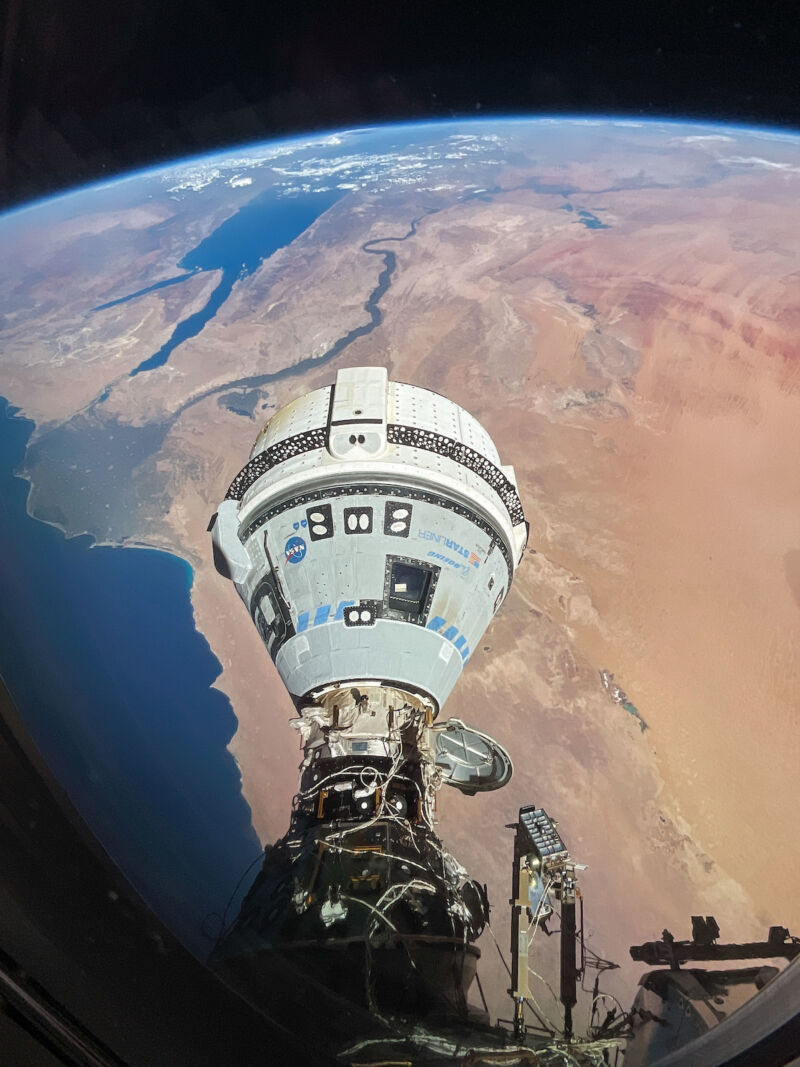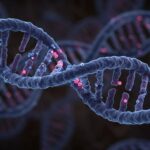Enlarge / Boeing’s Starliner spacecraft is seen docked at the International Space Station on June 13. (credit: NASA)
It has now been eight weeks since Boeing’s Starliner spacecraft launched into orbit on an Atlas V rocket, bound for the International Space Station. At the time NASA officials said the two crew members, Butch Wilmore and Suni Williams, could return to Earth as soon as June 14, just eight days later.
Yes, there had been some problems on Starliner’s ride to the space station that involved helium leaks and failing thrusters. But officials said they were relatively minor and sought to downplay them. “Those are pretty small, really, issues to deal with,” Mark Nappi, vice president and manager of Boeing’s Commercial Crew Program, said during a post-docking news conference. “We’ll figure them out for the next mission. I don’t see these as significant at all.”
But days turned to weeks, and weeks turned to months as NASA and Boeing continued to study the two technical problems. Of these issues, the more pressing concern was the failure of multiple reaction control system thrusters that are essential to steering Starliner during its departure from the space station and setting up a critical engine burn to enter Earth’s atmosphere.
Read 10 remaining paragraphs | Comments




